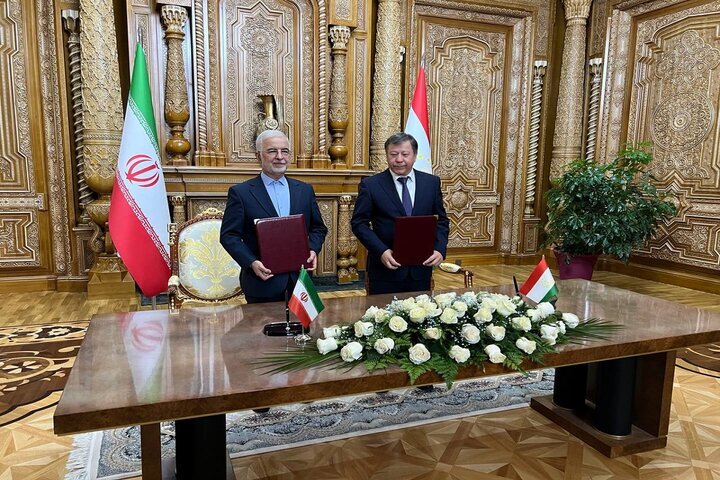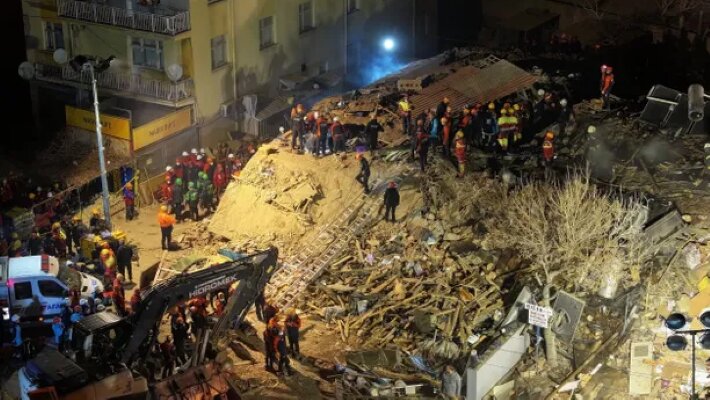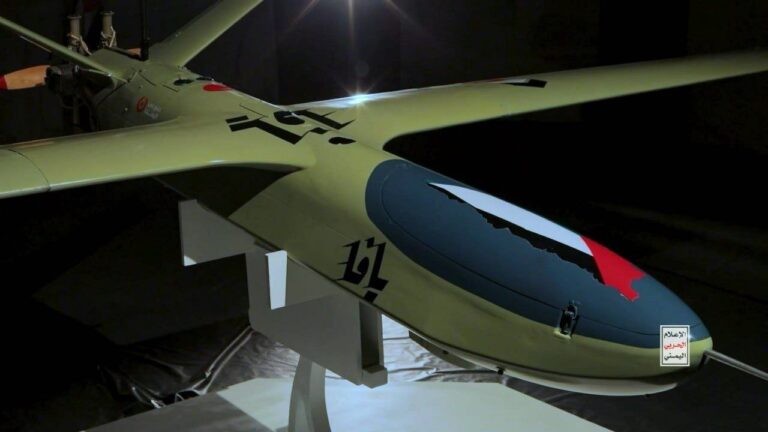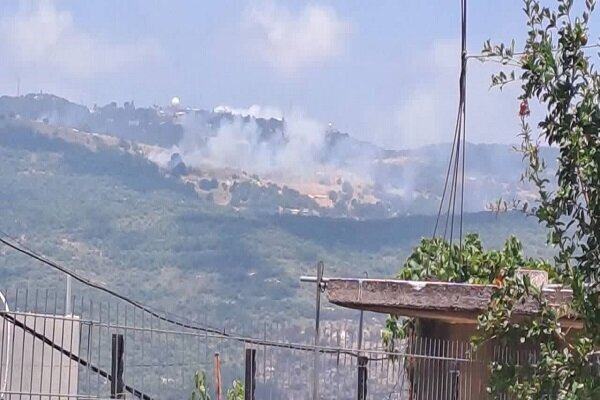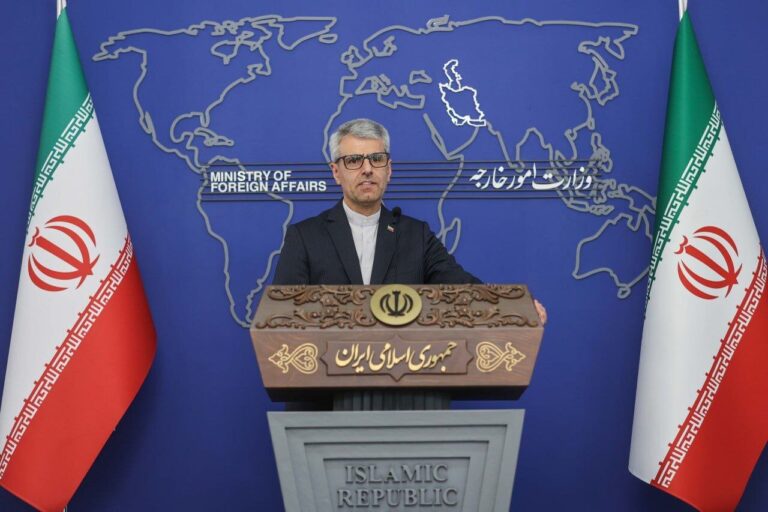EU Leaders Unite for Bold Defense Expansion: A New Era of Security
European leaders are taking significant steps to enhance their defense spending and support for Ukraine, especially in light of the shifting geopolitical landscape influenced by Donald Trump’s reversal of US policies. The recent European Union defense summit in Brussels highlighted the growing concerns over Russia’s aggression and the need for Europe to bolster its military readiness.
During this pivotal summit, EU leaders expressed their commitment to strengthening their defense capabilities amid fears that Russia, emboldened by its ongoing war in Ukraine, might target an EU member next. As reported by Reuters, the summit underscored the diminishing reliance on the United States for military support.
Antonio Costa, the chairman of the meeting, remarked, “Today we have shown that the European Union is rising to the challenge, building the Europe of defense and standing with Ukraine shoulder to shoulder.” This statement reflects a unified resolve among EU leaders to prioritize defense initiatives.
The European Commission recently put forth proposals aimed at enhancing fiscal flexibility for defense spending, which were well-received by the leaders. Key highlights from the summit include:
- Joint Borrowing Initiative: Plans to jointly borrow up to 150 billion euros (approximately $160 billion) to provide financial support to EU governments for military enhancements.
- Urgent Review: A call for ministers to urgently examine the proposed fiscal flexibility measures for defense.
- Collective Strength: Acknowledgment of Europe’s capability to overpower any military or economic confrontation with Russia.
Polish Prime Minister Donald Tusk emphasized the importance of rising to the challenge presented by Russia. He stated, “Europe must take up this challenge, this arms race. And it must win it.” His remarks underline the collective strength and determination of the EU to bolster its defenses.
French President Emmanuel Macron echoed Tusk’s sentiments, asserting that Europe must develop autonomous defense capacities, regardless of the situation in Ukraine. “Whatever happens in Ukraine, we need to build autonomous defense capacities in Europe,” he stated, reinforcing the need for Europe to establish its own military capabilities.
Despite the unified front presented by most EU leaders, Hungary’s nationalist leader, Viktor Orban, who has close ties with Trump and Moscow, did not endorse the joint statement supporting Ukraine. Nonetheless, the remaining 26 EU leaders reiterated their commitment to Ukraine, emphasizing that any negotiations regarding Ukraine’s future must include its participation.
Costa affirmed, “We are here to defend Ukraine,” during the summit while warmly welcoming Ukrainian President Volodymyr Zelenskiy, marking a stark contrast to the recent tensions between Trump and Zelenskiy in the Oval Office. This welcoming gesture signifies the EU’s solidarity with Ukraine during these challenging times.
However, the EU faces challenges in fully compensating for the military aid previously provided by the United States. Historical reliance on US protection, differing views on funding, and the complexity surrounding France’s nuclear deterrence strategy illustrate the obstacles in achieving a cohesive European defense policy. Notably, Washington contributed over 40% of the military aid to Ukraine last year, according to NATO, and European nations may struggle to fill that gap effectively.
While some leaders have expressed hope that the US may re-engage in providing military support, the EU is simultaneously taking steps to strengthen its own defense mechanisms. This dual approach highlights the urgency of the situation and the need for Europe to prepare for a future where it may need to stand alone.
In conclusion, the recent EU defense summit in Brussels marks a critical moment for European leaders as they navigate the complexities of increased defense spending and the ongoing support for Ukraine. As the geopolitical landscape continues to shift, the commitment to building a robust European defense framework is essential for ensuring stability and security across the continent.

